Community Service Day in Guiyang: A Teacher Reflection
Jim Fielder, KL Science Educator on our SMS Guiyang campus in Guiyang, Guizhou, China, recently took his 12th graders on a Community Service Day to a local elementary school to participate in their Special Olympics. “It sweetly reminded us that we have far more in common than the fact that we have differences.”
It was a simply beautiful day spent with simply beautiful people. We began our cool misty day with a bus trip out of the city, through deep green mountains partially hidden in white and grey wisps of fog and cloud. A walk through the community on a winding river valley road led us to the school. We arrived during snack time, yet we were no interruption. It was a warm reception. The Special Olympics are special because there is something deeply human found therein, despite the fact that it is “competition.” They wore their special shirts like they were a team. In just a few seconds, I had received a big smile, “double-hugs,” and an engaging conversation from a young man who cared not that the majority of what he was saying was lost due to my lack of skill in his language.
Neither of us cared. He communicated far more than words.
From there, we all went aside to sit together, play together, and enjoy a few hours away from our typical routine. I took and shared pictures of happy interactions, talk, smiles and laughter. Where I come from, “time flies when you’re having fun” is a common cliché. On this day, it was true. It was over way too soon. It was a good day.
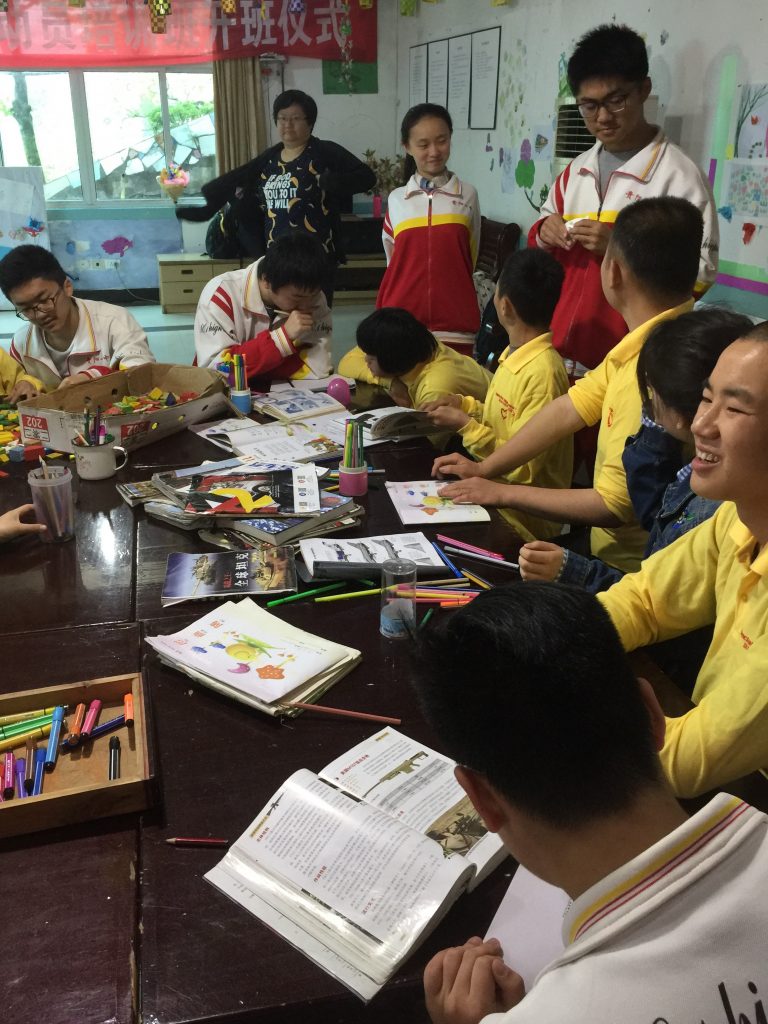
On the bus ride home, my reflections turned to what I had observed. I thought of how natural and easy it is to see differences. It is unavoidable. They are certainly there to see. I wondered if that is simply a human trait, or if it is a learned behavior. Perhaps it is some of both. Looking out again at the mountains as we went back to Guiyang, it struck me that the mountains were not the deep green I had noticed before, but a variety of greens. Most were deep green, but many parts were not… by varying degrees. Some parts weren’t even green at all. I wondered what prompted my previously generalized perception.
My curiosity woke up, and began to have an internal conversation with the science-teacher within me. I thought of my experience over the years with my own students when they are given a typical compare and contrast assignment. Their list of differences is almost always longer than their list of similarities. Frankly, I do the same. It’s easier.
So I again returned to a familiar set of questions. What demonstrates greater depth of understanding:
…the ability to see and describe differences?
…the ability to see and describe similarities?
…the ability to equitably do both?
It made me wonder… “Why are seeing differences easier?” …especially when it comes to other people. Even when accurate, is that a desired perception? Is easier fundamentally better? Should I be satisfied with a thin depth of understanding? Should anyone?
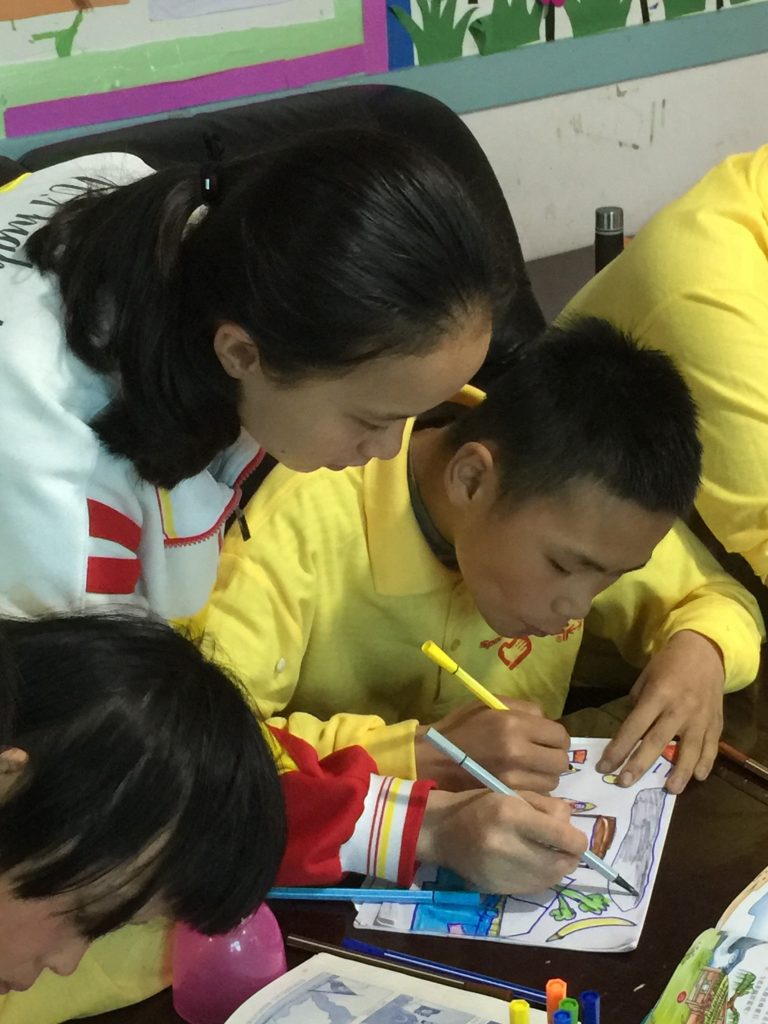
Differences tend to separate. Similarities tend to unite.
I thought back to our arrival, and that initial “lost” conversation that communicated far more than words. And I wondered. The most basic similarities among us are very real… and extremely deep. Perhaps the most special part of the Special Olympics and the people who participate in it is that they gently and sweetly remind us that we have far more in common than the fact that we have differences.
Want to join our inspiring community of educators teaching on our global campuses? Check out our KL career opportunities today!



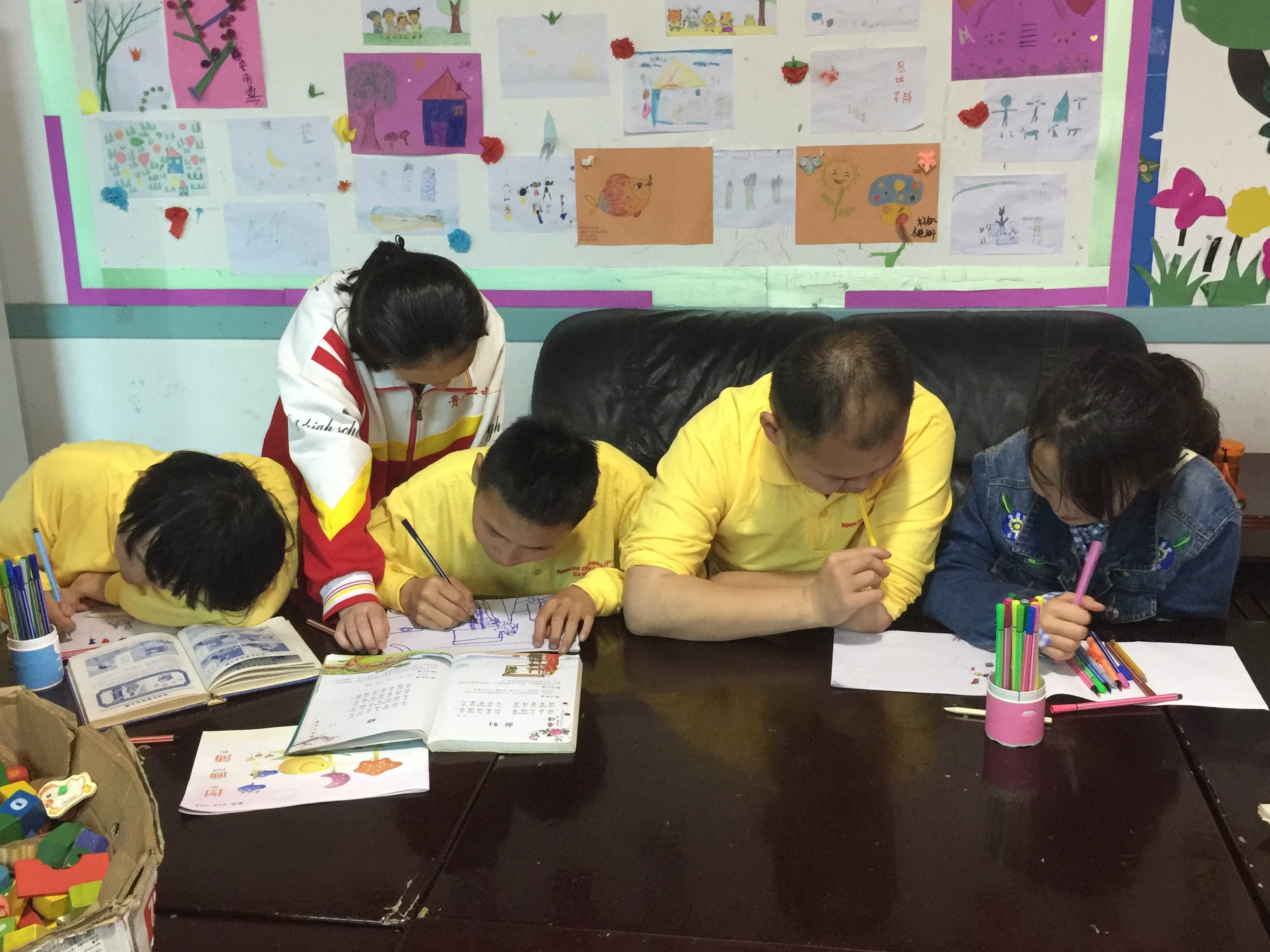
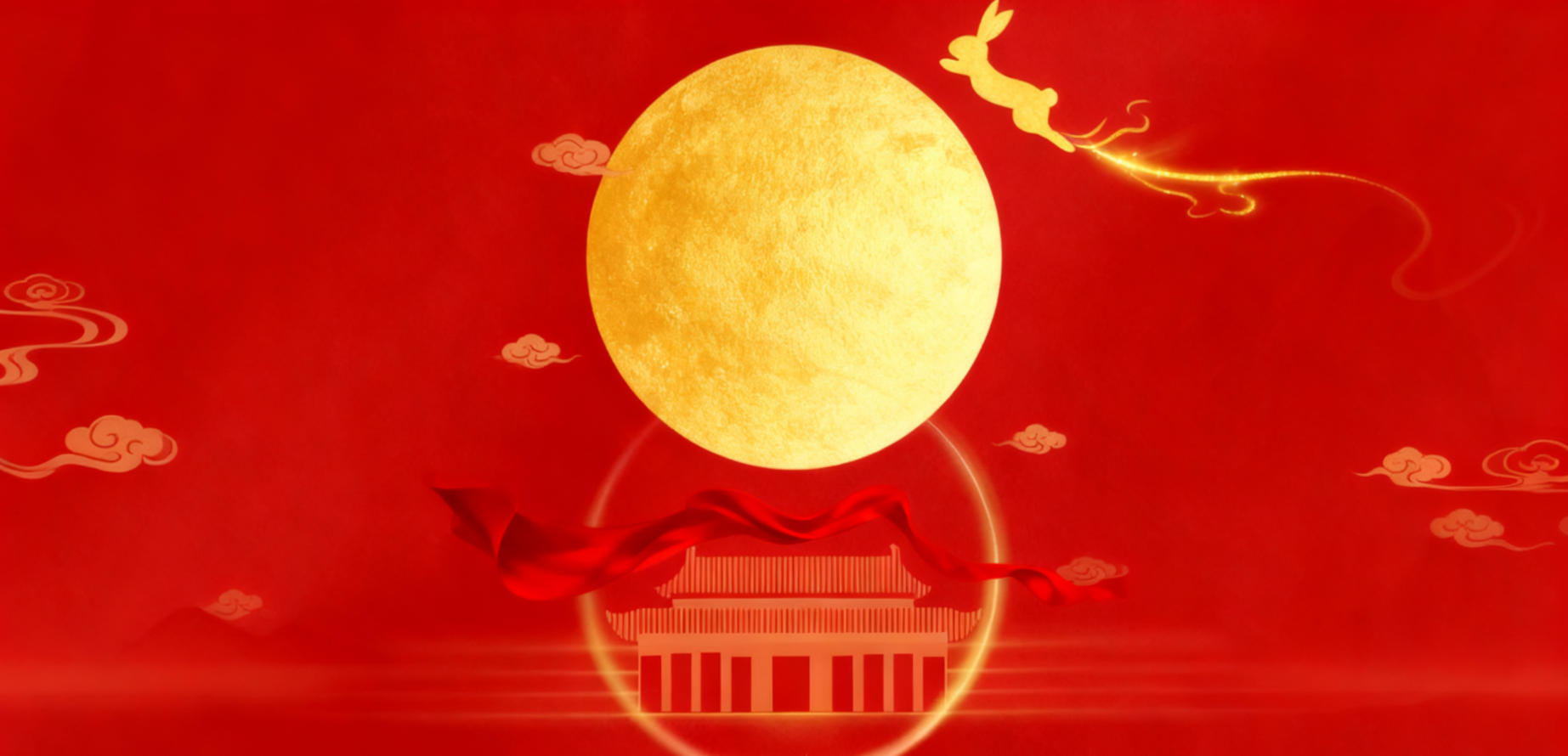
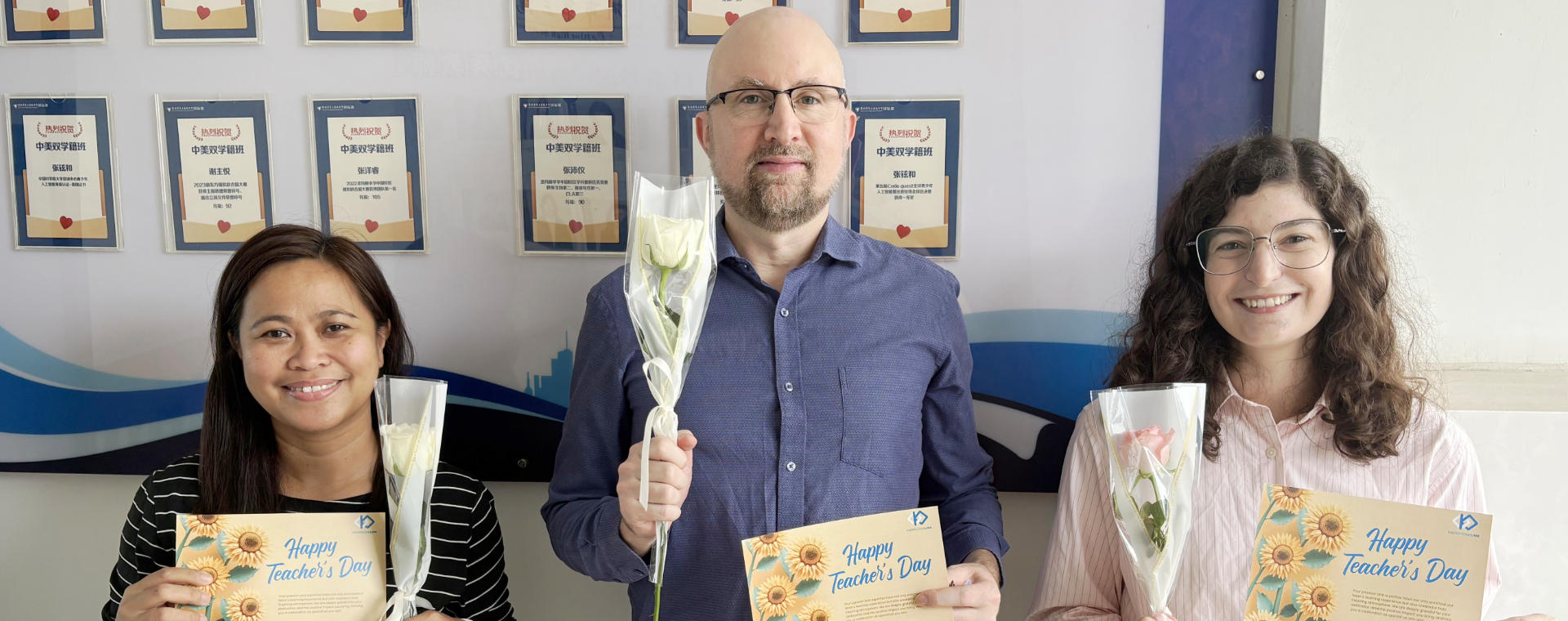
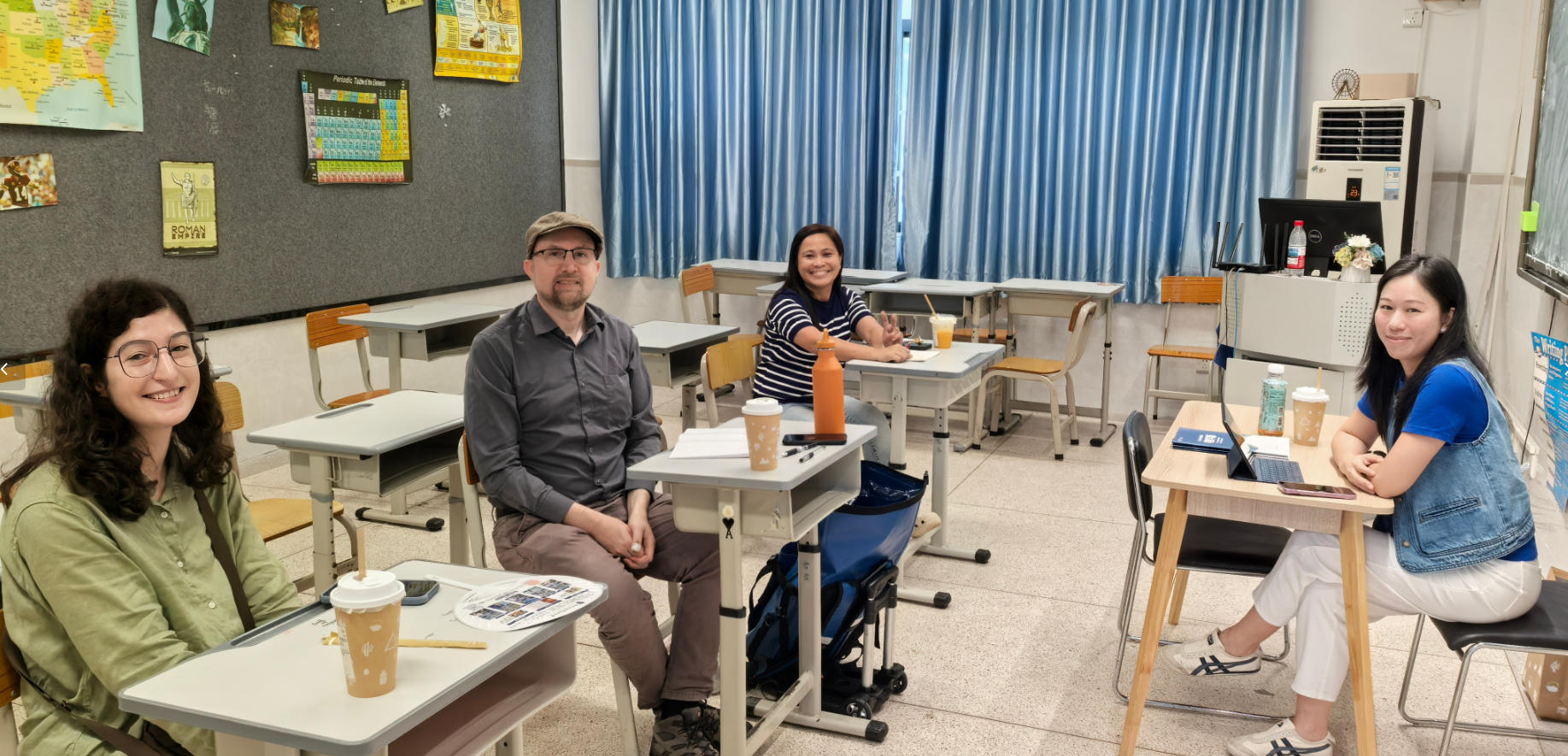
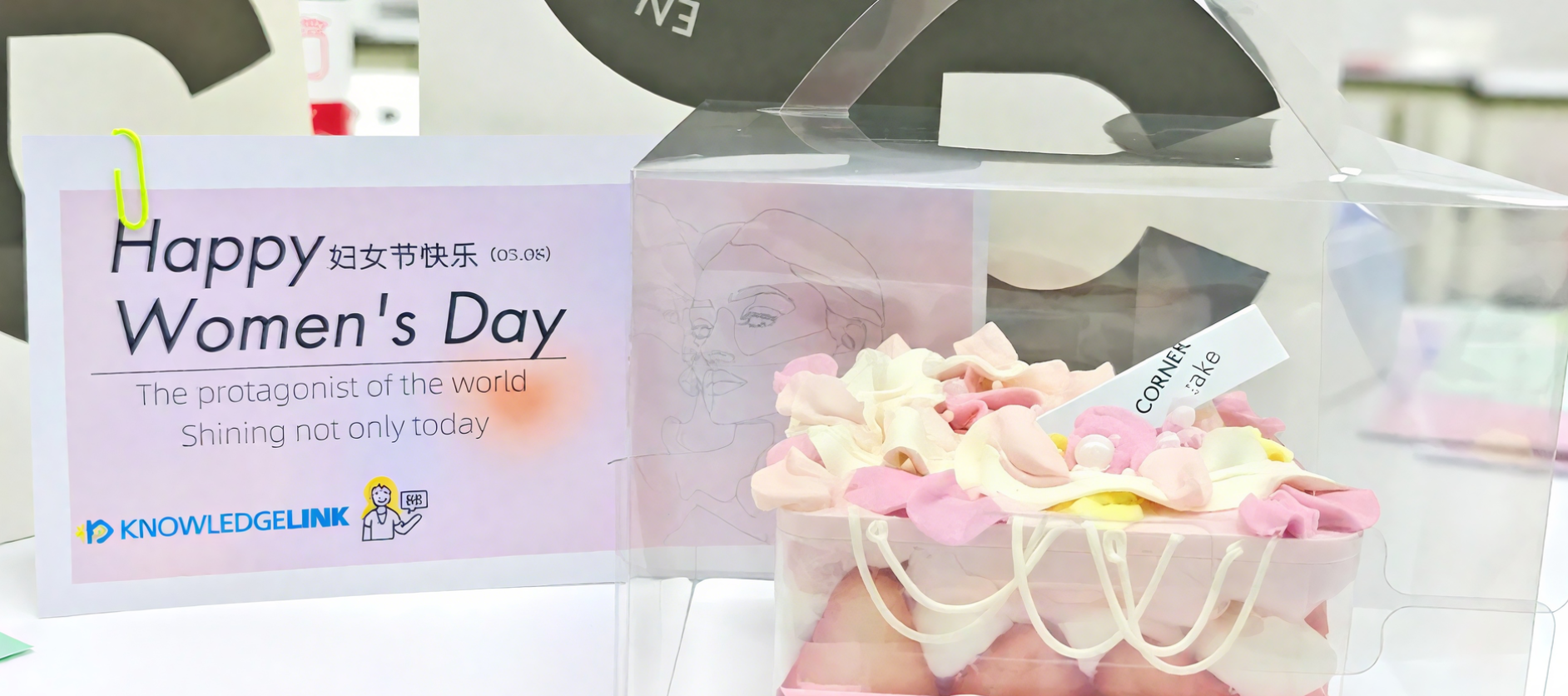
关于我们
了解更多
总部地址
101 Federal Street, Suite 1900,
Boston, MA 02110
1-781-996-0425
info@kleducation.org
订阅我们